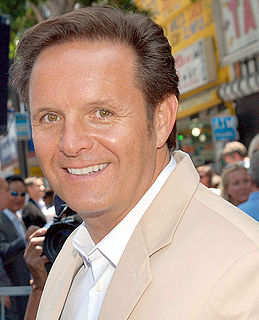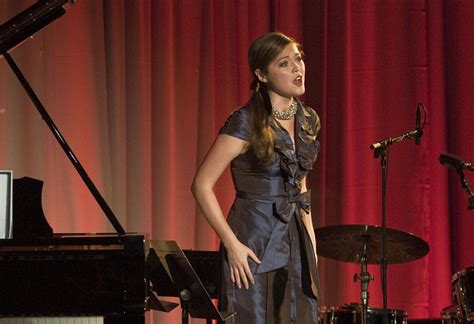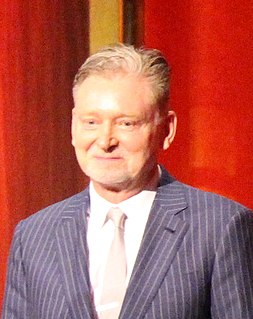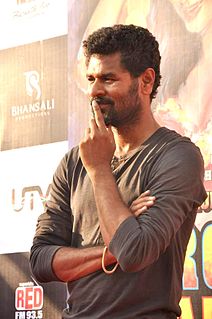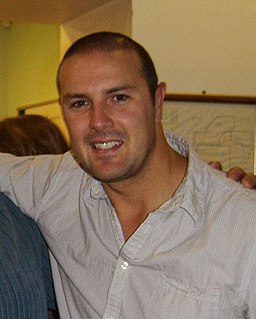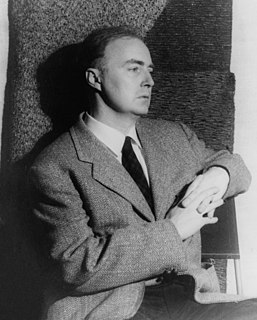A Quote by Channing Dungey
At the end of the day, broadcast television has many opportunities to inform the audience, to enlighten the audience, and to entertain them.
Related Quotes
When you're still in the broadcast business, you're still trying to reach tens of millions. You're trying to still aim for a broader audience, and I think that's a more difficult task to spread yourself across that audience, connect with them, as opposed to a very, very small, pinpointed audience. Difficult to do.

